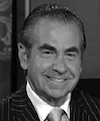 Fraser Seitel Fraser Seitel |
Syllogistically speaking: “If you work in Washington, you’re political. James Comey works in Washington. Ergo, James Comey is political.”
It’s as simple as that.
And while the FBI Director never misses an opportunity to hone his image as an “apolitical, independent, straight down-the-middle prosecutor,” the fact is he's just another political animal, measuring his every utterance as he eyes the next step on the political ladder.
Comey began his political ascension as a member of Rudy Giuliani’s U.S. Attorney’s Office for the Southern District of New York. In 2003, he was appointed by President George W. Bush as U.S. Deputy Attorney General in John Ashcroft’s Justice Department and then named Director of the FBI by President Barack Obama in 2013.
Along the way, Comey has demonstrated superior skill in that most difficult of political challenges: appearing to be forceful while dodging difficult decisions.
His artful kabuki dance decision in the Hillary Clinton email case — laying the wood to Hillary while exonerating her from guilt — is a textbook example of how politicians artfully play both ends against the middle to protect their own credibility.
Exhibit A: Comey’s 2,300-word press statement explaining his decision not to recommend that Mrs. Clinton be prosecuted. Here’s the political formula he followed:
First, reach the most politically-advantageous decision.
Well, duh, but … as obvious as this sounds, many organizations in crisis speak first and think later, rather than devising strategy and messages after reaching the most politically-apt decision.
Comey, one suspects, decided early on that while Mrs. Clinton may have been reckless with her emails and lied about their contents, there still wasn’t enough solid evidence to convict her of a crime. So he decided to let her walk.
With the Democratic Convention looming and Bill Clinton busting his way onto Attorney General Loretta Lynch’s plane, Comey knew he had to act quickly. But he also realized that, public relations wise, he couldn’t announce the decision without first interviewing the defendant.
So he sped up the Hillary interview process — after meandering through a year-long investigation — and voila, three days later announced his decision.
Second, commend the work ethic and selflessness of the troops.
Before getting into the nitty of any decision, messaging should always cite the Herculean effort that the worker bees have expended in pursuit of the truth.
In this case, while Republicans wondered if “the fix was in,” Comey began with a heartfelt acknowledgement of the hard work and dedication of his tireless troops.
“I want to start by thanking the FBI employees who did remarkable work in this case. Once you have a better sense of how much we have done, you will understand why I am so grateful and proud of their efforts.”
He went on to explain in glorious detail the complex, jigsaw-puzzle process that his minions were forced to pursue to unravel the Hillary emails. After all, as controversial as the end result would prove to be, who among us could ever doubt the veracity and diligence of the men and women of the FBI?
Third, reinforce your own “objectivity” by hammering the wrong-doer.
It’s also politically essential — especially when your ultimate verdict will eschew any punishment for an unlovable perpetrator — to underscore your “fairness” by condemning the sins of the accused.
Here, Comey detailed the extent to which Hillary and her inner circle went to evade the State Department email apparatus and their cavalier handling of classified material.
“Secretary Clinton used several different servers and administrators of those servers during her four years at the State Department, and used numerous mobile devices to view and send e-mail on that personal domain … Although we did not find clear evidence that Secretary Clinton or her colleagues intended to violate laws governing the handling of classified information, there is evidence that they were extremely careless in their handling of very sensitive, highly classified information.”
Such strong language would provide needed “cover” for Comey in future Congressional appearances. And although it was likely that Comey’s damning data would show up in Republican campaign ads, the more important point — and the only one that really mattered — was that Hillary walked.
Fourth, cite scrupulous adherence to the “law” to justify your Solomon-like decision.
While Comey’s statement acknowledged Secretary Clinton’s "extreme carelessness" in handling classified information, he said that her negligence didn’t rise to the level of violating the law.
“In looking back at our investigations into mishandling or removal of classified information, we cannot find a case that would support bringing criminal charges on these facts.”
Ergo, the FBI chose not to bring criminal charges against Hillary. That didn’t mean, Comey was quick to add, “that in similar circumstances, a person who engaged in this activity would face no consequences. To the contrary, those individuals are often subject to security or administrative sanctions.”
But those “sanctions,” of course, are beyond the authority of the FBI. So it was left to unfortunately-compromised Attorney General Lynch to accept the FBI’s verdict, and Republicans and Democrats to debate ad nauseam whether the Hillary verdict was or wasn’t a miscarriage of justice.
Perhaps the only sure thing to conclude from the cleverly-choreographed Comey press statement punt was that today’s FBI Director could be tomorrow’s Attorney General, especially in a second Clinton Administration.
* * *
Fraser P. Seitel has been a communications consultant, author and teacher for 40 years. He may be reached directly at [email protected]. He is the author of the Prentice-Hall text The Practice of Public Relations, now in its 12th edition, and co-author of Rethinking Reputation and Idea Wise.


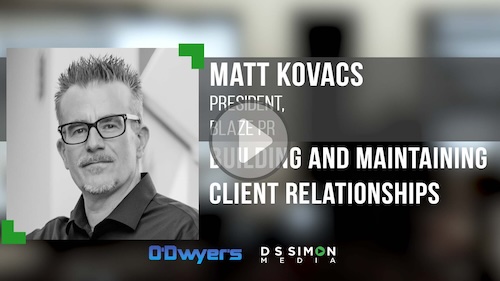

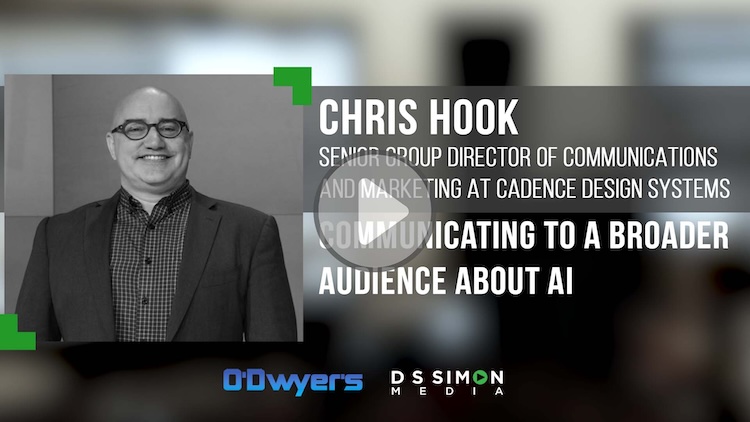
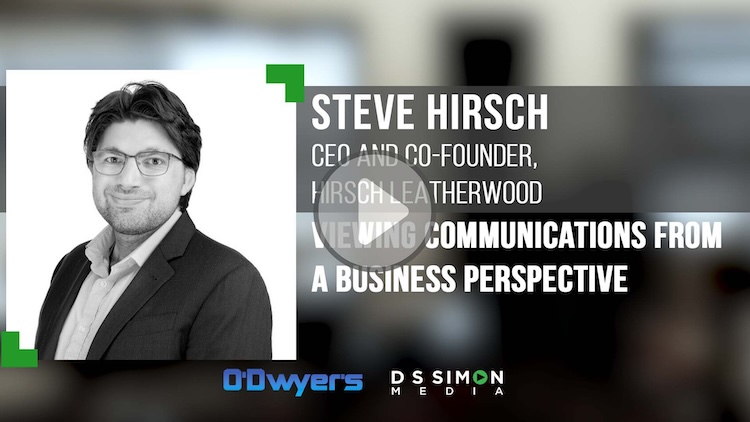
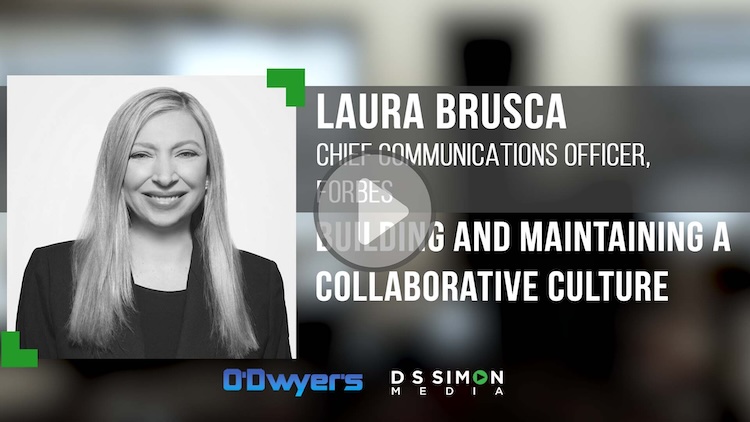



 Have a comment? Send it to
Have a comment? Send it to 
No comments have been submitted for this story yet.